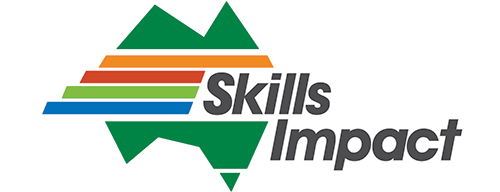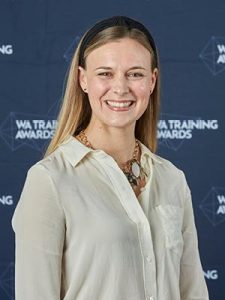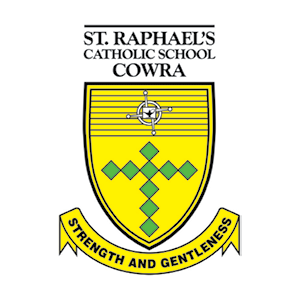Each year the Australian Training Awards recognises and celebrates the best in the Australian vocational education and training (VET) sector, acknowledging outstanding individuals, businesses, and registered training organisations.
The awards are an important showcase of best practice in VET and are an excellent way to celebrate the students, teachers, organisations and employers achieving outstanding results. This year, we are thrilled to see so many finalists from the industries that we work with.
Read about these finalists below.
Zoe Tucker – Vocational Student of the Year Runner-up
Certificate IV in Landscape Design
Zoe Tucker has always been a creative person. But it wasn’t until she had pursued several job roles that it was clear that landscape design was her career path. She would be able to utilise her creative talents. Studying part-time also allowed her the flexibility to manage her training while being a parent.
On completing Certificate IV in Landscape Design and winning the Western Australia Landscape Designer Award (student category), Zoe plans to expand her practical industry experience for a few years before continuing her training.
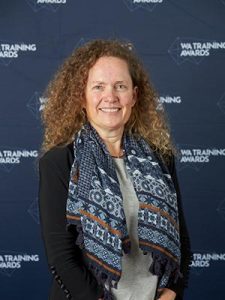 Maryke Gray – Vet Teacher/Trainer of the Year Runner-up
Maryke Gray – Vet Teacher/Trainer of the Year Runner-up
Employer: Central Regional TAFE
Maryke Gray has a passion for ensuring that all students have the same opportunities to receive a quality education, no matter where they live. Maryke manages several key conservation projects that she incorporates into her training with industry partners.
Her students are involved in all aspects of the projects and gain current best practice knowledge and valuable insights by working alongside specialists in the workplace on high-profile projects. Maryke’s innovative programs are delivered using various methods, with the Aboriginal Ranger training programs delivered entirely on Country.
 David Lowery – Aboriginal and Torres Strait Islander Student of the Year Finalist
David Lowery – Aboriginal and Torres Strait Islander Student of the Year Finalist
Certificate IV in Forest Operations
David chose to study Certificate IV in Forest Operations when he was working in the forest industry as a supervisor. Training helped him understand more about his position and the way he could improve the way he worked in all aspects of the industry, from safety to the management of workers.
Further study also helped David gain more skills to move to a new position as a land management coordinator for the Tasmanian Aboriginal Centre. Working in the community has been a great achievement and allowed David to connect more with his people, culture, and Country.
 Pups4fun- Medium Employer of the Year Award Finalist
Pups4fun- Medium Employer of the Year Award Finalist
Pups4fun is the largest dog daycare provider in Canberra, caring for over 620 dogs a week. Pups4Fun focuses on training their employees and apprentices to deliver outstanding services and programs, with extensive in-house and online training.
In 2020, Pups4Fun was part of a consultation group that worked closely with Skills Impact, Skills Canberra and CIT to support the delivery of the Certificate II in Animal Studies and Certificate III in Companion Animal Care in the ACT region. This year, they have been able to enroll employees into the Certificate II in Animal Studies, including two Australian School-based Apprentices.
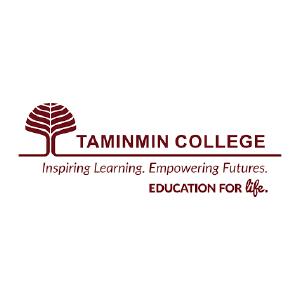 Taminmin College – Small Training Provider of the Year Award Winner
Taminmin College – Small Training Provider of the Year Award Winner
Taminmin College is the largest school provider of VET programs and the only agricultural secondary school in the Northern Territory. As a rural school-based RTO, it caters for 1,250 students from Years 7 to 12.
The college offers a range of nationally accredited and recognised VET and secondary education courses spanning many industries, including, animal care and management, agriculture, horticulture, conservation and land management, seafood, and racing and breeding. It is located 40 kilometres south of Darwin in Humpty Doo, Northern Territory and has a 75-hectare mixed produce farm.
St Raphael’s Catholic School – School Pathways to VET Award Finalist
Saint Raphael’s partners with local businesses to facilitate training and workplace experience. It continues to work with industry partners despite the challenges of drought, bushfires and most recently, a mouse plague in the area. Despite the impacts of recent natural disasters, Saint Raphael recognises the significance of its collaborations with agricultural businesses and continues to facilitate VET for students throughout these challenges.
The school also actively encourages school-based apprenticeships and traineeships by providing a flexible timetable that supports the needs of both students and their employers, delivering several nationally accredited training options, including the Certificate II in Agriculture.
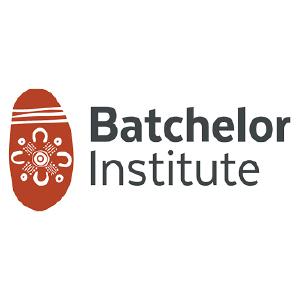 Batchelor Institute of Indigenous Tertiary Education – Large Training Provider of the Year Award Finalist
Batchelor Institute of Indigenous Tertiary Education – Large Training Provider of the Year Award Finalist
The Batchelor Institute vision is to be the First Nations’ institution of choice, where truth, knowledge and wisdom meet and Australia’s only Indigenous dual-sector tertiary education provider.
The Institute’s work is framed and guided by providing training, research, and lifelong education in line with what their students, families, partners and communities seek, strengthening culture, capability and capacity.
Delivering a range of nationally accredited and recognised VET and secondary education courses. Spanning many industries, including Certificate II in Conservation and Ecosystem Management and Certificate III in Conservation and Ecosystem Management.
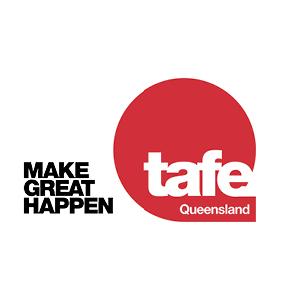 TAFE Queensland – Large Training Provider of the Year Award Finalist
TAFE Queensland – Large Training Provider of the Year Award Finalist
TAFE Queensland operates across a network of more than 50 campuses, in the workplace, and online.
Its current training curriculum spans over more than 520 programs, entry-level qualifications to higher education degrees, including agriculture and horticulture.
The state-wide delivery model supports its commitment to working with students from various socio-economic and cultural backgrounds, remote locations, and students with diverse needs.
